Gospel in Palestine
Gospel in Palestine
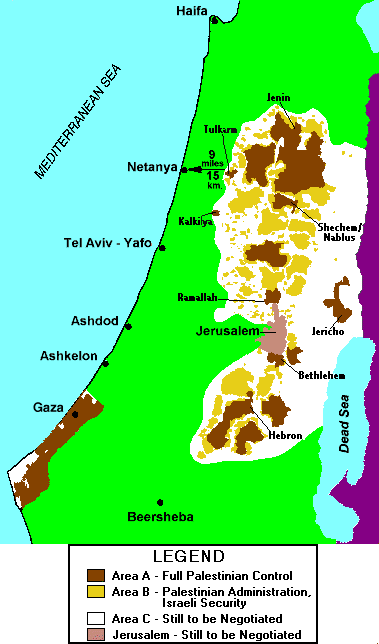 The West Bank and Gaza Strip are adjacent to the State of Israel. They are inhabited by the Palestinian people that according to the UN is about 4,5 million (census in 2010). The governing power is the Palestinian Authority. The major religion is Islam and the official language is Arabic. There is also a small Christian minority, including Evangelicals – Baptists.
The West Bank and Gaza Strip are adjacent to the State of Israel. They are inhabited by the Palestinian people that according to the UN is about 4,5 million (census in 2010). The governing power is the Palestinian Authority. The major religion is Islam and the official language is Arabic. There is also a small Christian minority, including Evangelicals – Baptists.
The Council of Local Evangelical Churches in the Holy Land (Council) was formed in 1994. It has 22 members including the churches and para-church organizations in the West Bank and Gaza Strip. The organization is represented by Dr. Munir Kakish, president and pastor of the Ramallah Local Church. A member of the Council is also Bethlehem Bible College represented by Dr. Jack Sara.
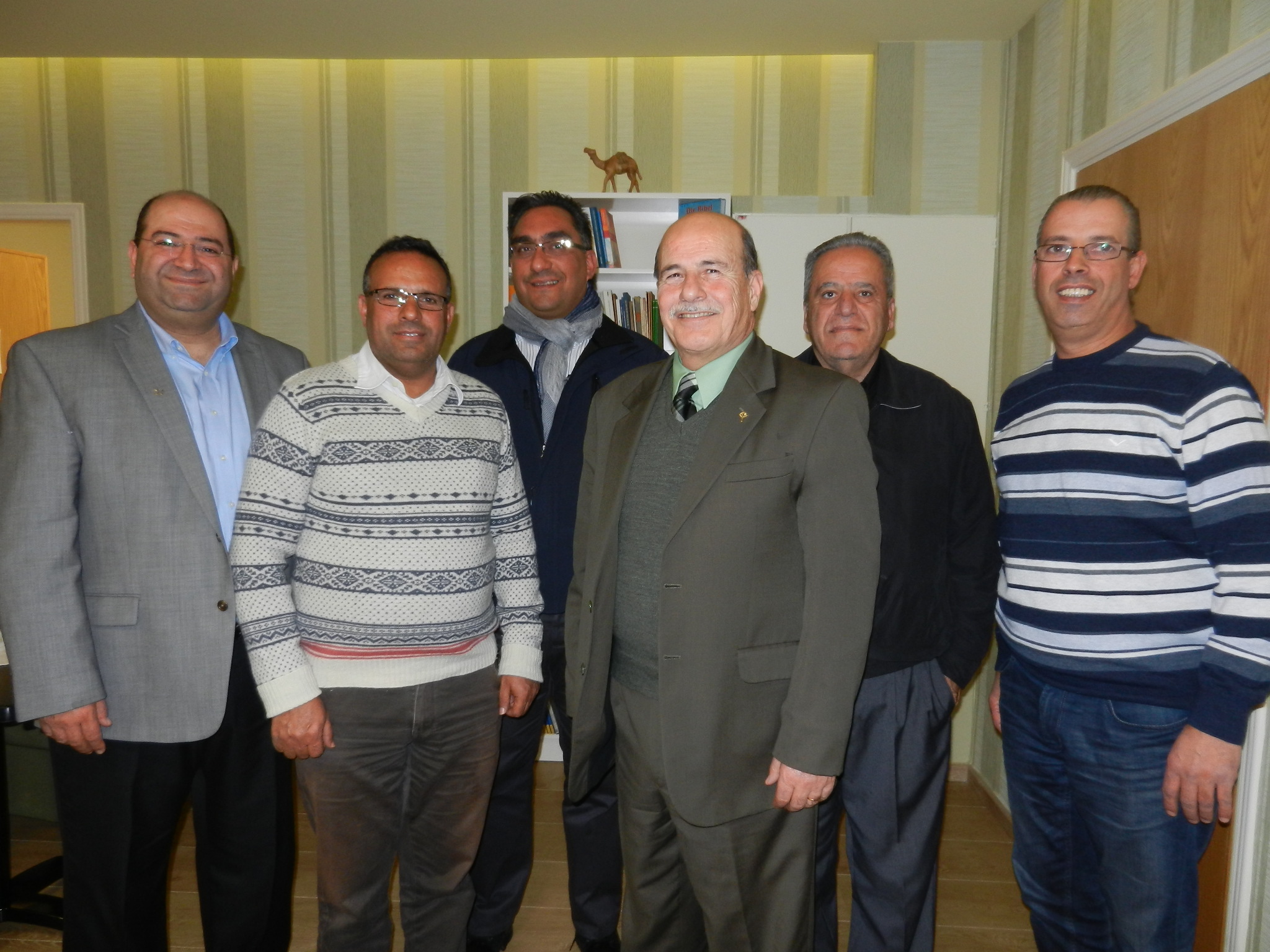
The Council cooperates with the Synod of Churches in Israel which is composed of five Evangelical church groups including the Association of Baptist Churches in Israel.
Church planting in West Bank
The Council together with EBF are currently involved in facilitating two church plants in the West Bank: one is in Beit Jalah and the other in Beit Sahour.
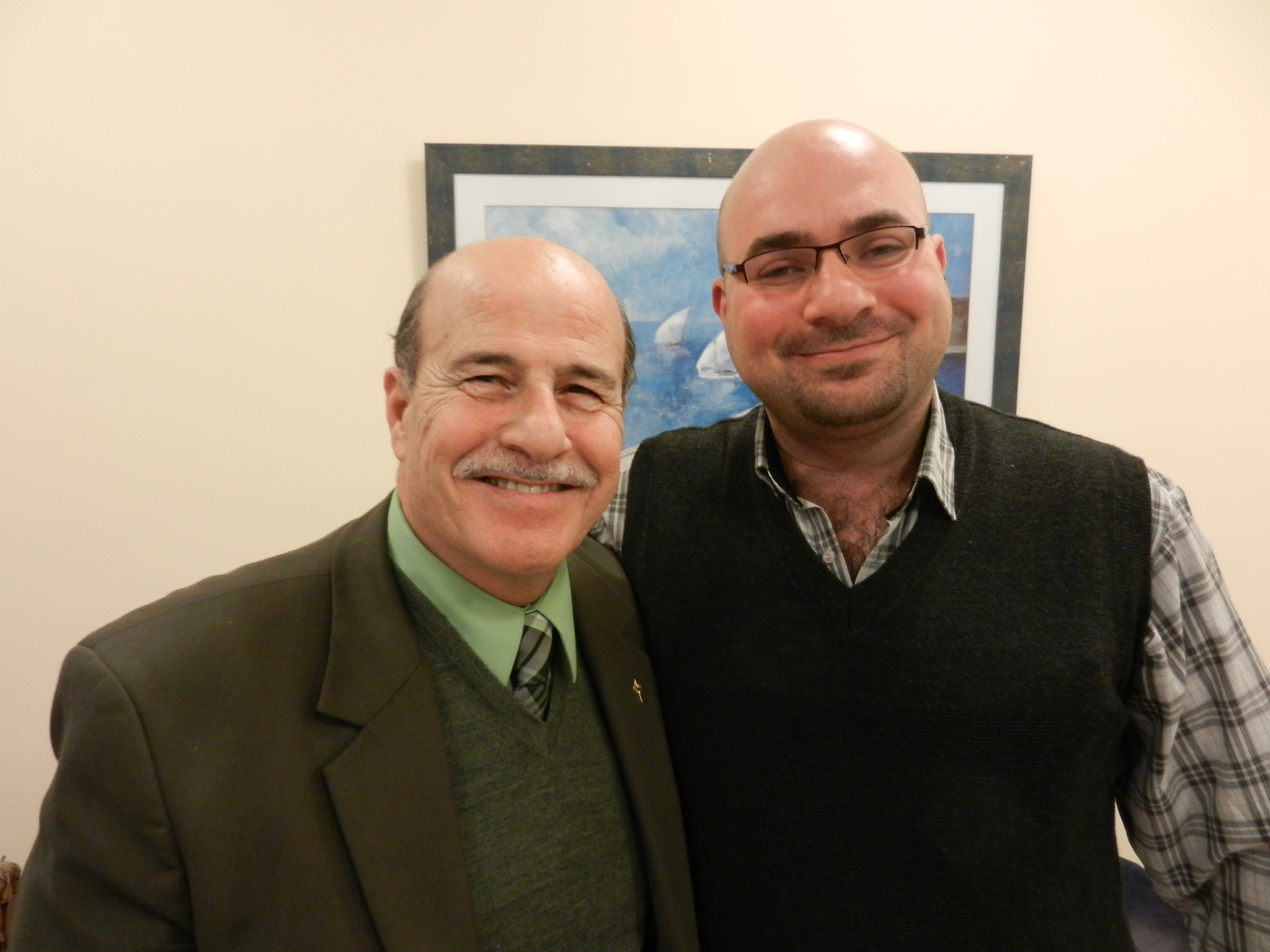
The vision of ministry is to serve the people holistically so that they may become disciples of Jesus and thus expand the Kingdom of God. The main pillars of ministry are: discipleship, worship, fellowship and outreach. There are ca. 25 persons who regularly visit weekly Friday meetings being held in a local school. The group recently decided to move the meetings from private homes to a public building in Beit Jalah so that more people may attend. Last August 10 people were baptized.
The group started 2,5 years ago and is well growing. The mission team is comprised of 5 persons who are responsible for prayer ministry, home visitations, Bible study groups, worship and social work The goal is to continue weekly meetings and organize special events which will draw up to 200 persons. The church has a charity basket that is filled with goods that later are distributed among the needy.
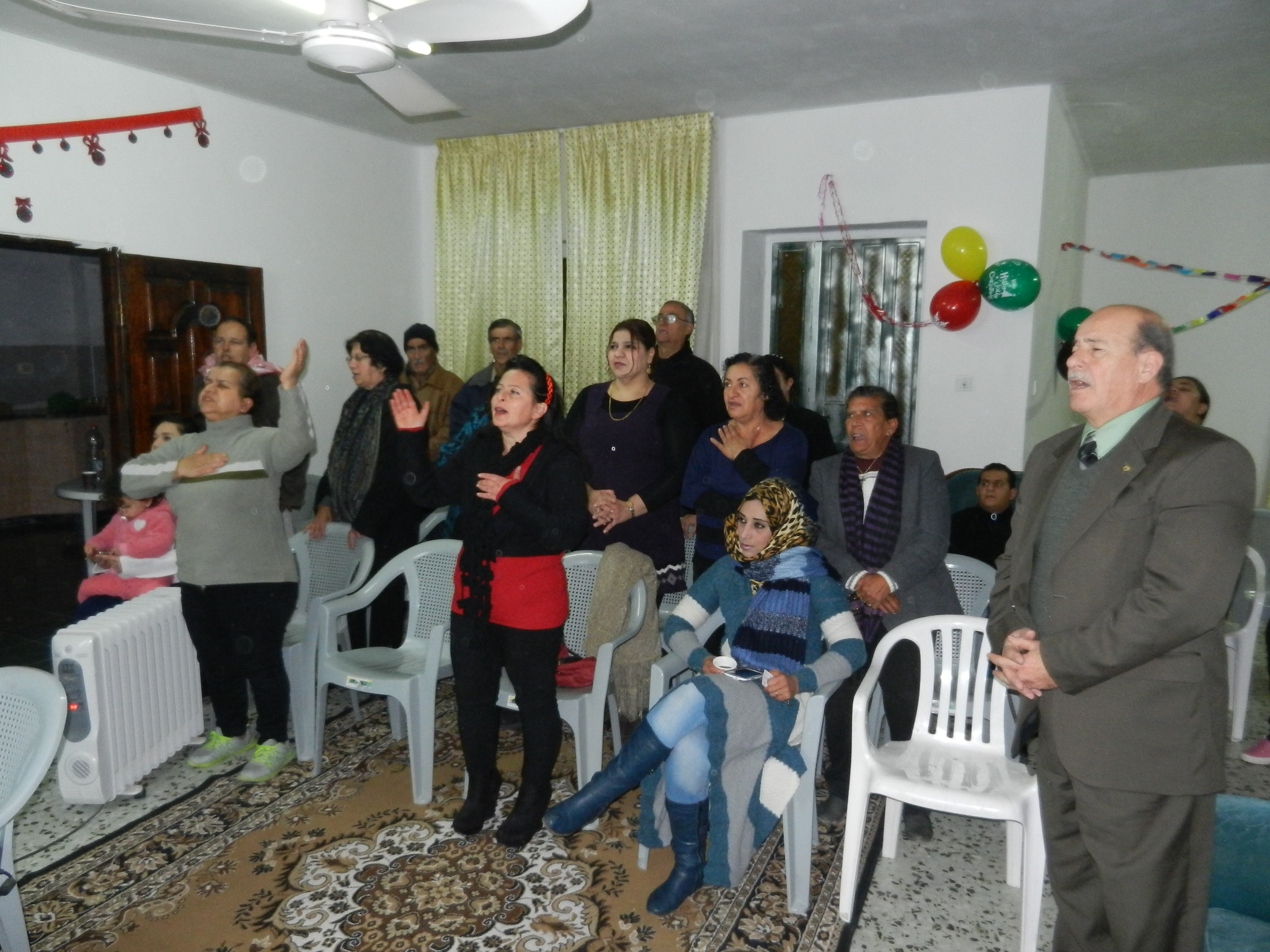
Conclusions
The people in West Bank are confined within the Security Wall and can’t travel freely. They say that contacts with Christians from Europe are the important source of encouragement that is like ‘a breeze of spiritual fresh air’. It is crucially important that the Christians around the world can pray for the people who are deprived of much freedom being restricted by walls and checkpoints, and whose everyday life is marked by uncertainly and anxiety.
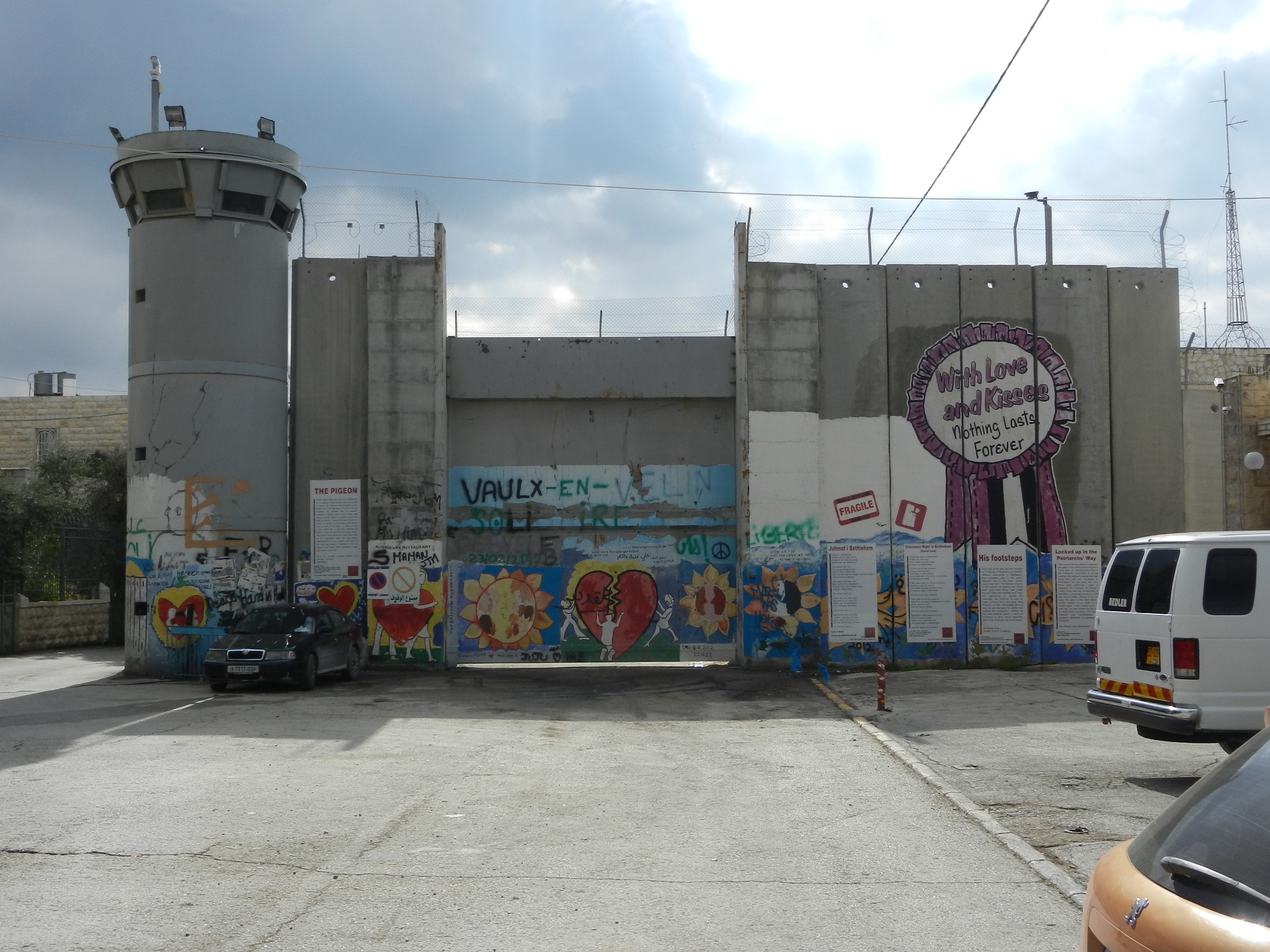 Prayer Requests
Prayer Requests
- Pray for the people in the West Bank and the whole of Middle East, particularly for the refugees who suffer terribly being displaced because of the ongoing war.
- Pray that the Council will gain official recognition by the Palestinian Authorities as well as by the Israeli Authorities.
- Pray for the Council Executive Committee and personally for Dr. Kakish and as they continue working with the churches and para church organizations.
- Pray that these exciting church planting ministries in Beit Jalah and Beit Sahour will continue growing and sharing the Gospel message with their countrymen.
Photos: Daniel Trusiewicz
1. Representatives of the The Council of Local Evangelical Churches in the Holy Land
2. Munir Kakish and Church Planter Khader
3. Christian meeting in Beit Sahour
4. Security Wall